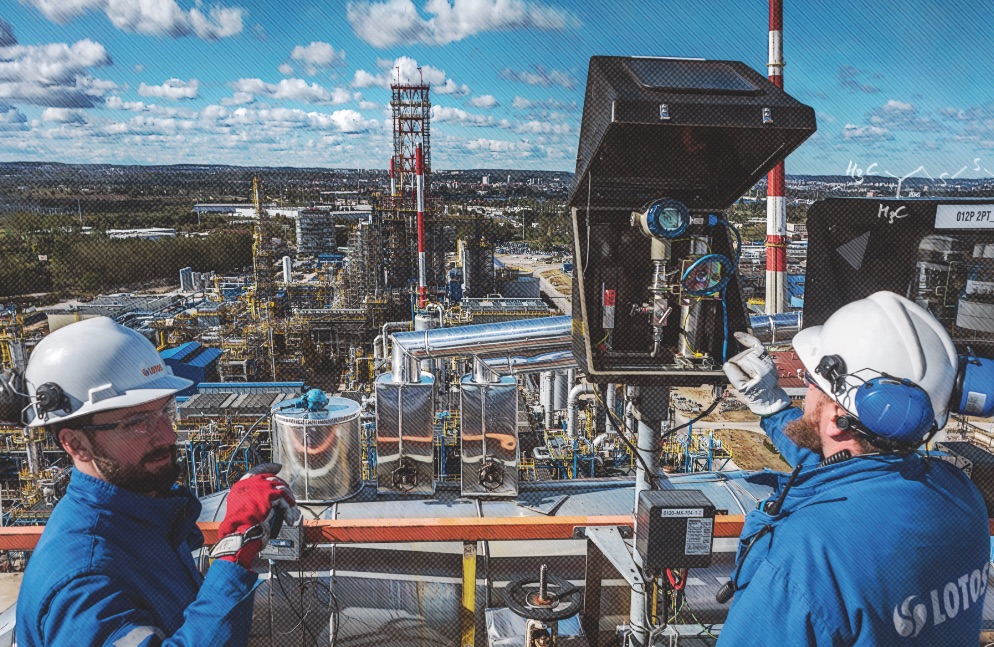The development policy of the LOTOS Group is based on a systemic approach. Its aim is to develop the competences of employees so that they are adequate to the company’s needs. It is based on five main pillars: accessibility, coherence, accountability, adequacy and diversity. An important value is thoughtful organisation of development programmes. Their implementation is preceded by thorough identification and analysis of training needs, involving the employee, their superior, department directors and the HR department. The diversity of development forms is another distinguishing feature of the organisation’s training policy. This enables the learning process to be tailored to the individual preferences of the employee.
The forms of development proposed for employees include participation in open trainings — workshops, symposia, forums, as well as closed trainings. The LOTOS Academy project offers development programmes and training developing universal soft and IT competences (MS Office). Studies and language courses are also subsidised.
The Grupa LOTOS also appreciates the synergy gained from cooperation with the academic community — joint projects are being implemented, among others, as part of the Implementation Doctorate Programme. Since 2019, apart from stationary trainings, employees of the LOTOS Group have also been using the e-learning platform. It enables the organisation to reach a much wider audience with its development content. The courses available there respond to formal needs of the organisation (OHS, GDPR, courses dedicated to production employees), develop managerial and soft competences and build commitment (a series of articles and trainings prepared for the pandemic #Razemraźniej [#Merriertogether]).



